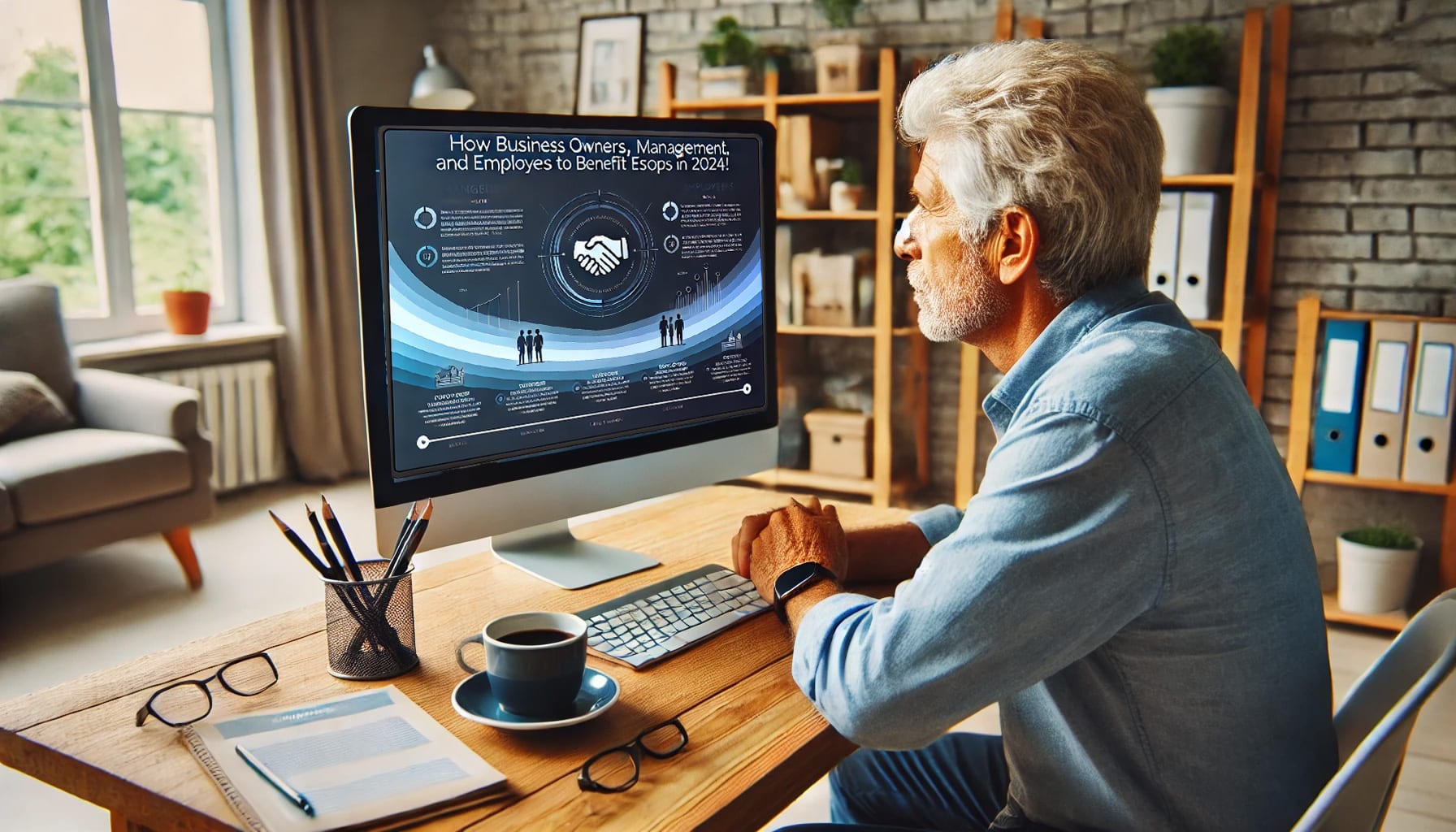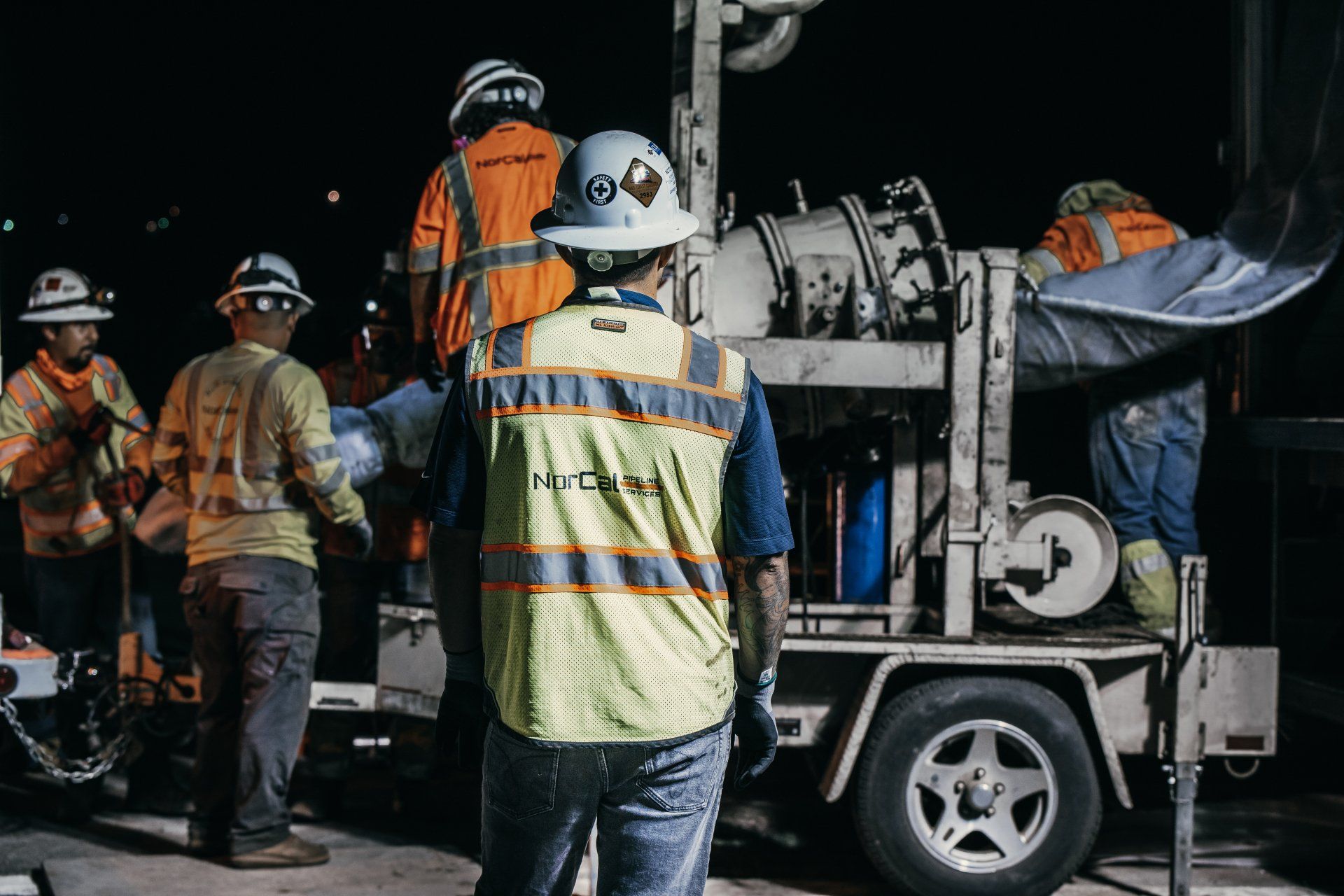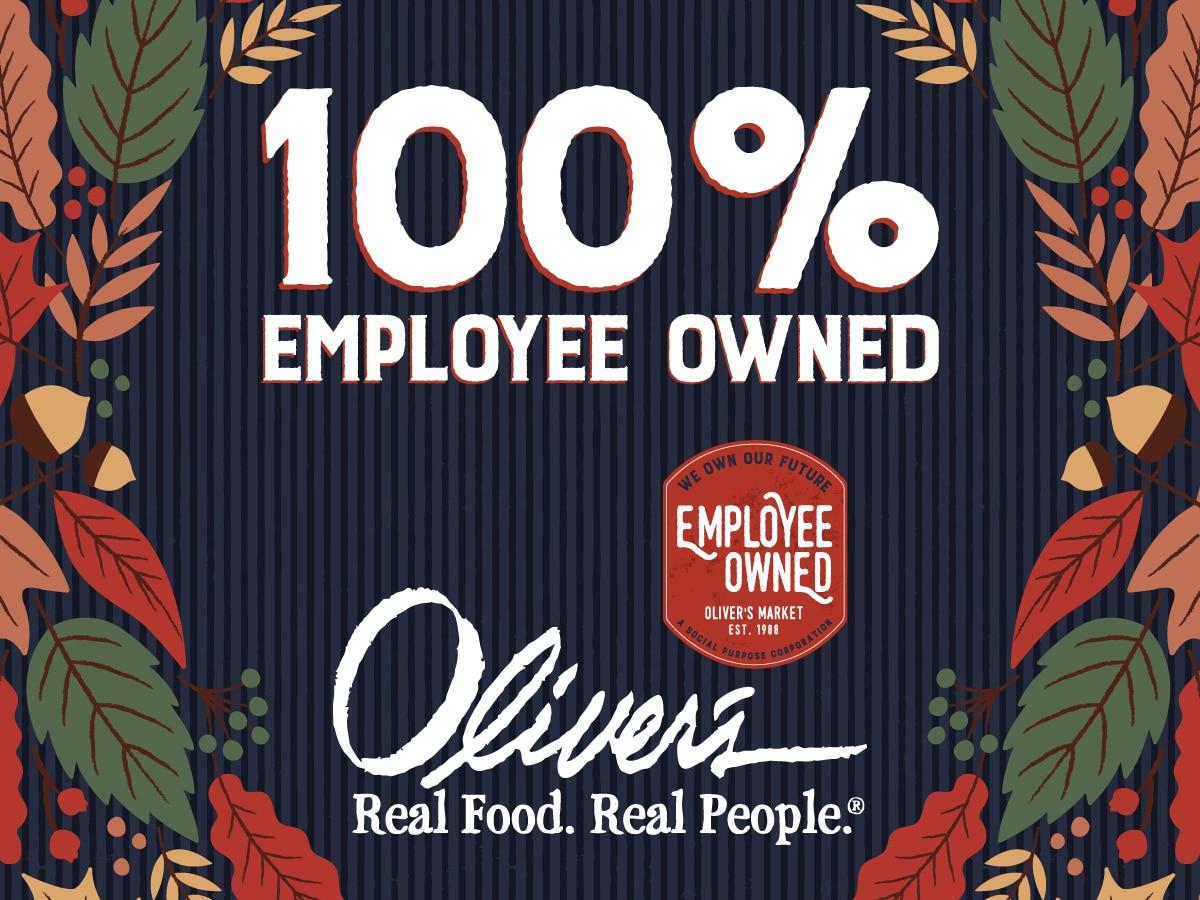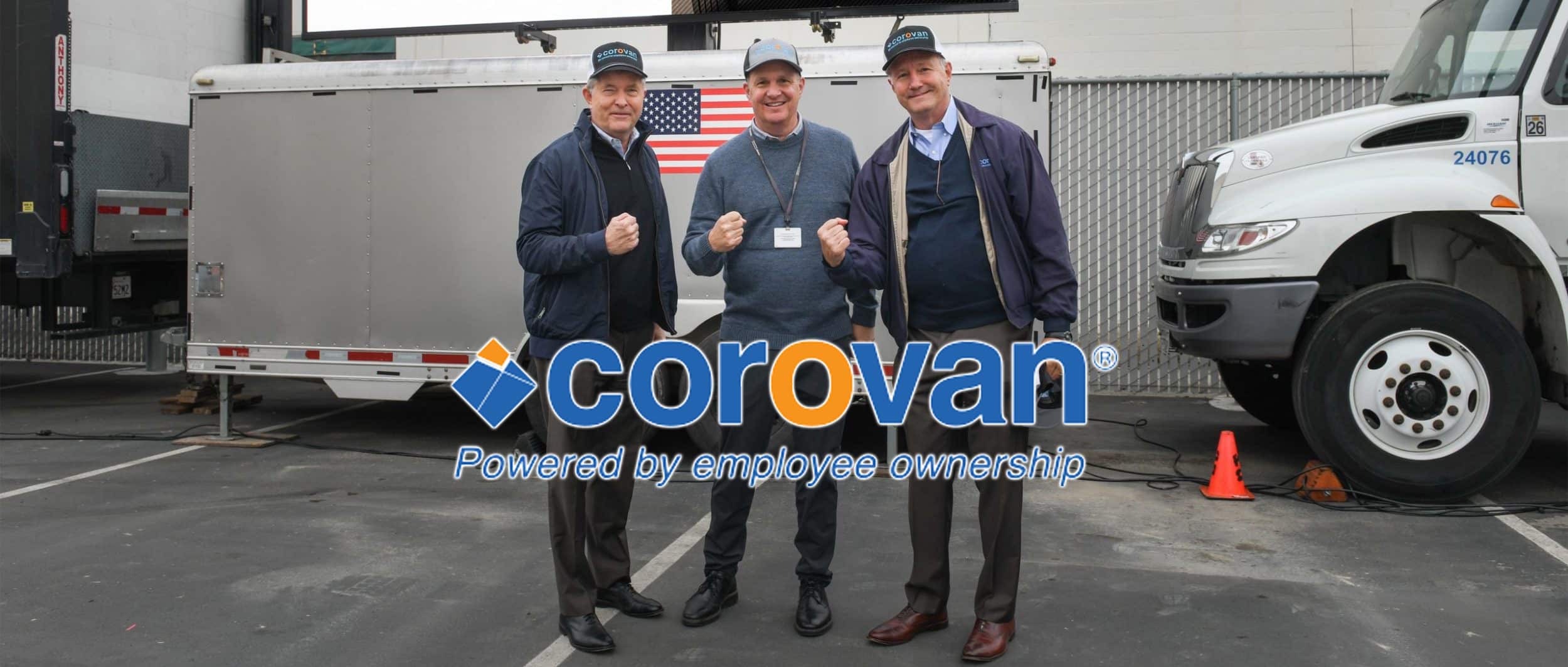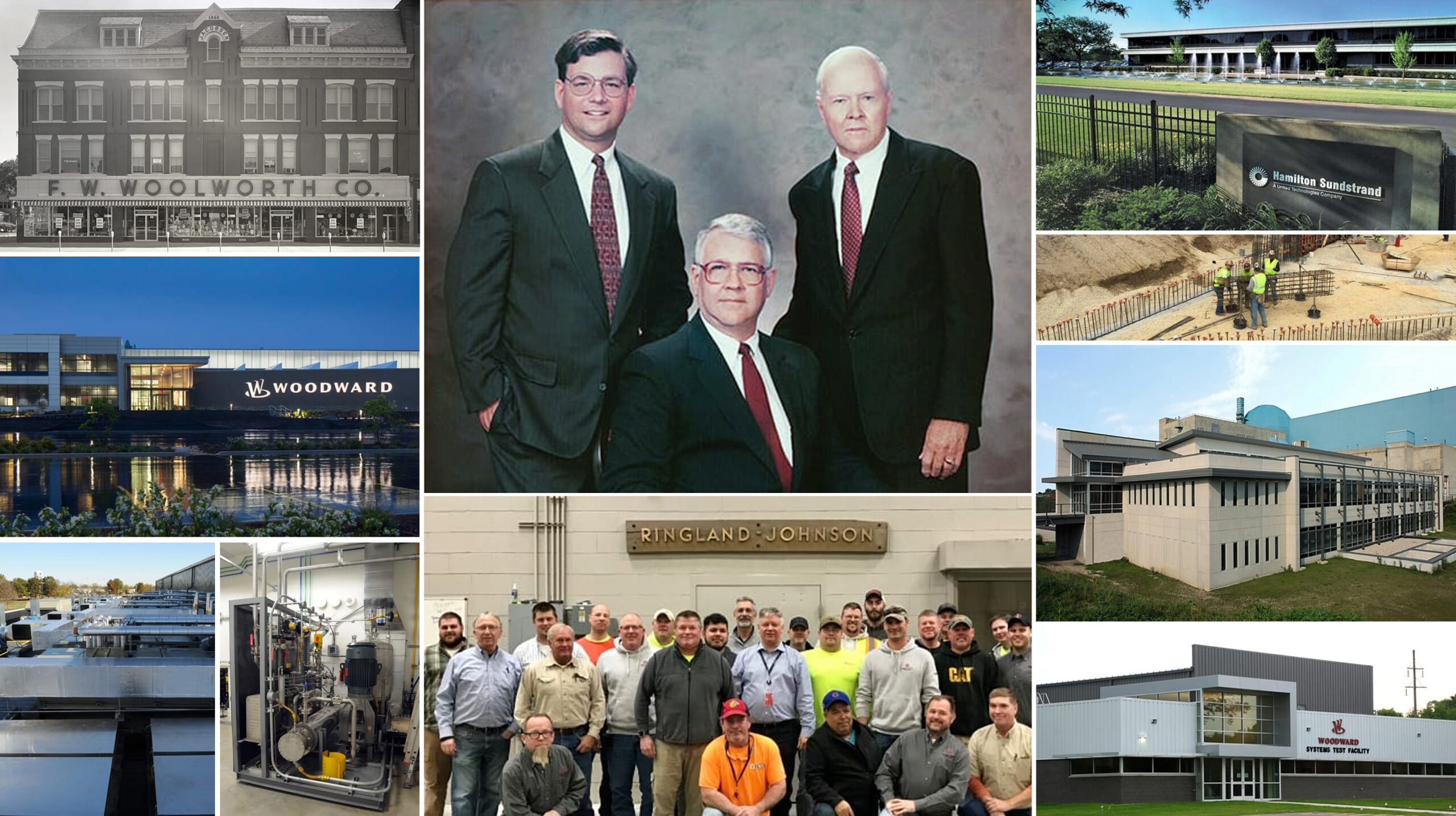In a recent article in Forbes entitled, “The ESOP Revolution: Fighting Financial Inequality And Empowering The Working Class,” author Christopher Marquis examines the “transformative power of employee ownership” in combatting the massive wealth inequality in America.
Marquis argues that businesses can claim to be “sustainable and socially responsible,” and may back up those claims with careful attention to its supply chain, carbon footprint, and philanthropic efforts. But as long as those businesses are traditionally-owned, “they will systemically funnel a disproportionate amount of the gains to such owners and so only serve to increase the economic inequality problems that plague our world.”
There is no silver bullet that will instantly fix the largest wealth gap in our nation’s history. But ESOPs have been proven to be an effective tool in narrowing the wealth gap—and particularly the racial wealth gap—by building generational wealth for low-income workers who often otherwise struggle to save for retirement and pass wealth along to their children.
In fact, a recent study conducted by Harvard Business School found that if American businesses universally moved to even 10% employee ownership through ESOPs, the wealth owned by the poorest 50% of American households would double.
In business, we are often conditioned to think that a strategic move can be good for the business and its shareholders, good for employees, or good for customers, but almost never all of the above. ESOPs are a rare thing: they are good for everyone.
ESOPs align the interests of the business and the employees by giving them a stake in the company’s success. They have been proven to boost productivity and growth. They increase businesses’ longevity and resilience, even in the face of a massive economic disruption like the COVID-19 pandemic. They keep businesses open and keep them local, ensuring they can continue to provide both services and jobs to their communities even after the current owners step down. And all of these benefits are bolstered by the substantial tax savings that ESOP companies enjoy, which allow them to make strategic upgrades and acquisitions.
If an ESOP can empower an owner to keep their business intact, protect the jobs they’ve created, help their workers save for retirement, and improve their community, all while helping their business grow and doing it in an ethical way that addresses the staggering wealth gap in this country, then it is something that every business owner should explore to see if it makes sense for their firm.
That is the sentiment espoused by Greg Graves, the recently retired Chair and CEO of Burns & McDonnell Engineering, one of the largest ESOP companies in America, and author of the book Create Amazing: Turning Your Employees Into Owners for Explosive Growth. In his article, Marquis shares excerpts from his recent interview with Graves, who was effusive in his praise for ESOPs and the wide-scale benefits they can bring:
“ESOPs aren’t just better for the people who work there, they are equally better for the firm as a whole, not to mention for American competitiveness in total. These advantages are not just possible they are predictable largely thanks to the ongoing research at the Rutgers School of Business’ Institute for the Study of Employee Ownership and Profit Sharing. They have found that for nearly all firms, turning workers into owners will lead to institutional improvements in productivity, turnover and employee satisfaction.”
Graves describes the current wealth gap as the worst since “the 1776 version of Europe the Founding Fathers left behind.” He explains that 14 million American workers currently share in their companies’ success as employee-owners, but that if we could extend employee ownership to another 100 million workers, it would create, “American capitalism on steroids and, more importantly, would assure that the success of this greater capitalism was equitably shared with all who made it possible.”
Graves recommends that any business owner thinking about employee ownership take the time to think about why they want to do it, do their research, and then, once they are serious about moving forward, “hire a great ESOP attorney…the key here is someone who specializes every day in the special fiduciary duties that come with an employee-owned firm.”
We could not agree more.
If you want to learn more about how employee ownership can create explosive growth for your company and give it a leading role in a greater, more equitable form of capitalism, contact the Menke Group for a free preliminary analysis.
Menke & Associates, Inc. has helped over 3,500 companies successfully transition to employee ownership. Our holistic ESOP approach enables a positive outcome for the company, its employees and its shareholders. We believe ownership is powerful.


